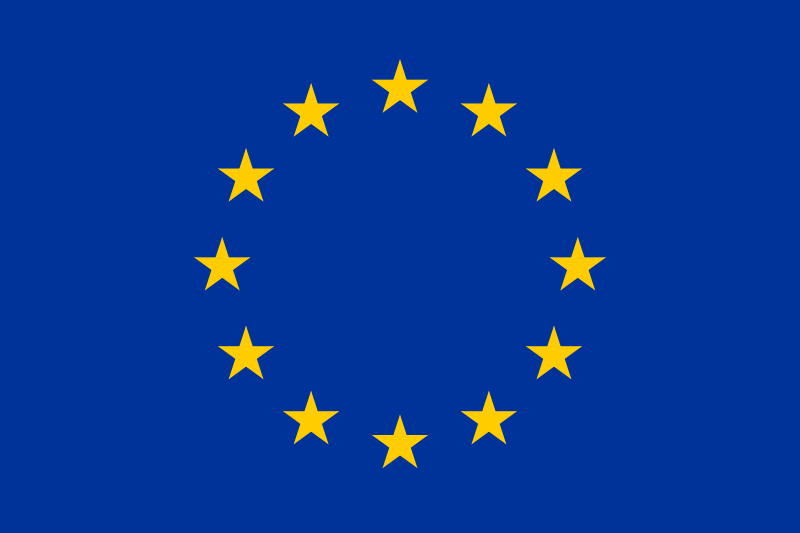It is already known that Team Europe is providing a global response of some 15,6 billion EUR for the response to the Covid-19 pandemic worldwide. But this could mean little to the ordinary citizen whose life has been greatly disrupted by the socio-economic impact of the crisis and who more than ever, is striving to make a living.
Therefore, throughout this unprecedented Covid-19 crisis, the European Union is making sure that the projects it supports can continue to provide a maximum of benefits to vulnerable communities. One example is the project "Reinforced access of the most vulnerable populations to markets and socio-economic facilities through feeder road rehabilitation" implemented in Central River Region and North Bank Region of The Gambia.
This project commenced in July 2017 with the objective of connecting the most vulnerable communities to markets and social services. Basically, it is about rehabilitating and upgrading 10 feeder roads totalling more than 100 km, in order to better link landlocked rural communities with social facilities and lumos.
The project which is implemented by the United Nations Office for Project Services (UNOPS) is unlike previous projects. It is indeed a community-driven initiative, where local people are trained through a labour-based programme in maintaining the feeder roads whilst at the same time employment is provided to the rural communities. This has become an important form of support during the current Covid-19 crisis and helps to mitigate the socio-economic impact of the pandemic.
It is also essential in boosting agricultural production and marketing, and ensuring connectivity of rural communities for improved access to health and education services.
When the Covid-19 crisis erupted, the project took specific protective measures for the workers. A response plan for Covid-19 was developed and communications were issued to all contractors instructing them to implement health and safety measures on site following the WHO guidelines on proper handwashing and social distancing. Visual posters on guidelines of how to observe sanitary and hygienic measures for workers were displayed on site. Airtime was also provided to site agents to facilitate daily monitoring and reporting of the situation on site to UNOPS.
Between the periods from January 2020 to March 2020, a total of 172 local workers have received cash transfers amounting to 1.8 Million Gambian Dalasis. 59% of the recipients were women. Typically, a worker would receive 250 GMD for a day of work. In the present situation, this definitely makes a differences and it will continue till the end of the works, anticipated for June this year, on time for the agricultural season.
“Think Global, Act Local and leave no one behind. This is Team Europe`s motto in these difficult times." – said H.E. Attila Lajos, EU Ambassador in The Gambia.

